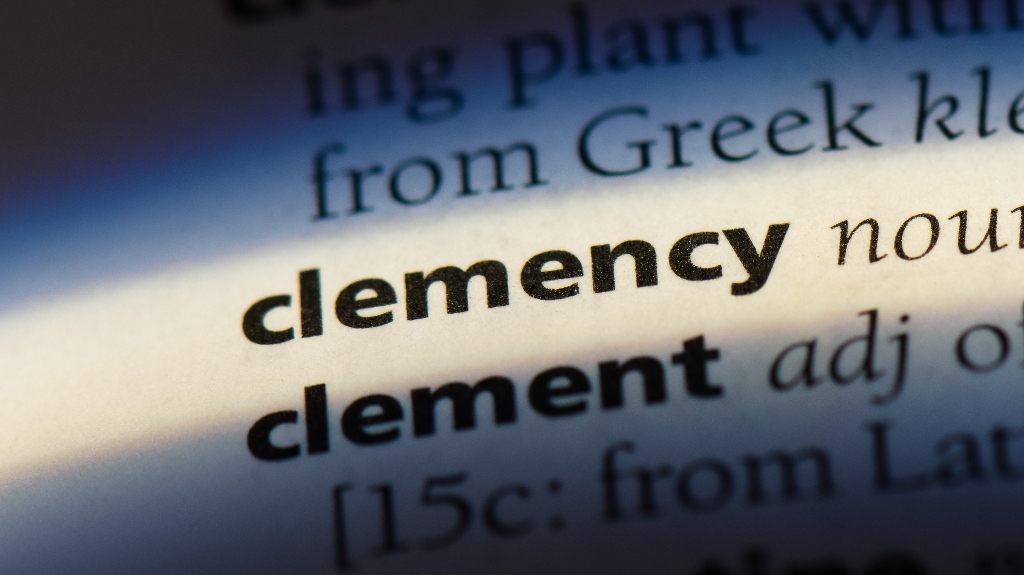
A criminal conviction and sentence can have numerous short- and long-term consequences for individuals, including incarceration and the loss of certain civil rights or professional opportunities. However, defendants convicted of crimes in Texas may pursue relief from their conviction or sentence through the clemency process. A defendant may ask the Texas Governor to grant clemency from a conviction, sentence, or criminal record related to a criminal offense under state law.
The Legal Basis for Clemency
The Governor’s authority to grant clemency to convicted defendants stems from the Texas Constitution. Specifically, Article 4, Section 11 of the Texas Constitution allows the Governor, upon the recommendation of the Board of Pardons and Paroles, to grant reprieves, commutations of punishments, and pardons. An offender does not have the right to clemency under any circumstances, but instead must persuade the Board of Pardons and Paroles and the Governor to exercise their discretion to grant clemency.
Types of Clemency Available in Texas
In Texas, the Governor can provide various types of clemency, which offer different forms of relief from convictions, sentences, or criminal records. The kinds of clemency available in Texas include:
- Pardon: The Governor can grant a defendant one of three types of pardons. A full pardon restores various citizenship rights that a defendant forfeits upon a criminal conviction, such as the right to possess firearms, and removes disqualifications for some forms of employment. A conditional pardon can provide a narrower scope of relief from a conviction and sentence. Finally, a person may apply for a pardon for innocence if they can present evidence of their innocence to a court or the Governor, which exonerates the person of the crime and erases any record of their conviction.
- Commutation of sentence: A defendant may ask the Governor to shorten their term of incarceration in a criminal sentence. The Governor may grant a commutation for an excessive sentence, for humanitarian reasons when a defendant suffers a serious or terminal illness that prisons cannot manage, or if a defendant can demonstrate full rehabilitation.
- Reprieve: The Governor may grant a delay or temporary suspension of a criminal sentence to an offender suffering from a terminal illness or total disability or to allow an inmate to attend family funerals or visit critically ill relatives.
- Restoration of civil rights: Individuals convicted of federal, military, or foreign offenses may request the restoration of certain civil rights lost due to their conviction. Convicted defendants may also petition for the restoration of their driving privileges or (after a pardon) their firearm rights.
How to Apply for Clemency in Texas

An offender under Texas law who wishes to ask the Governor for clemency must apply to the Texas Board of Pardons and Paroles. The board has different application forms based on the type of clemency. An application for clemency also requires an offender to submit supporting documentation, such as court records, inmate records, letters of recommendation, medical records, psychological treatment records, or personal statements. When the board receives an application for clemency, the board members will review it and vote on whether to recommend to the Governor to grant the applicant’s request for clemency. However, the Governor retains complete discretion over whether to exercise their authority to grant clemency.
Why Seek Clemency?
Obtaining clemency can provide a second chance or a fresh start to a convicted defendant who has rehabilitated themselves in prison. Clemency can restore important rights and remove legal barriers that impede a person’s reintegration into society after they have completed their sentence. Clemency can also help defendants seek relief in cases of wrongful conviction or excessive and disproportionate sentencing.
Contact a Criminal Defense Attorney Today
Contact Guest & Gray today for a free, confidential consultation with a criminal defense lawyer to learn more about the different types of clemency in Texas and discuss whether you might qualify for relief from your conviction, sentence, or criminal record.




